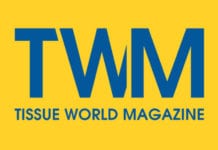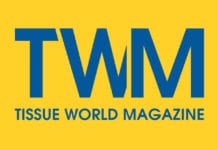Kimberly-Clark has reported net sales of $4.6bn for the three months ended 30 June, down 1% compared to the same time a year earlier.
Operating profit for the period was $799m, down from $838 million in 2016.
Changes in foreign currency exchange rates had no overall effect on sales and the company added that its full-year 2017 net sales and organic sales are expected to be similar, or up slightly, year-on-year.
Chairman and chief executive Thomas J. Falk said: “Our second quarter results reflect a challenging environment.
“Nonetheless, we continue to manage our company with financial discipline, as we achieved $120m of cost savings, improved working capital and returned more than $600m to shareholders through dividends and share repurchases.
“We are focused on competing effectively in the near-term while we continue to execute our Global Business Plan strategies for long-term success.”
In its consumer tissue segment, it reported second quarter sales of $1.5bn, a decrease of 2%. Volumes and net selling prices each fell 1%.
Second quarter operating profit of $241m decreased 12%.
The comparison was impacted by lower sales, input cost inflation and other manufacturing cost increases, partially offset by cost savings and lower marketing, research and general spending.
Sales for the sector in North America decreased 4%; volumes were down approximately 4% compared to 6% growth in the year-ago period, while net selling prices rose slightly.
The volume decline included impacts from lower promotion shipments and competitive activity.
Sales in developing and emerging markets increased 6% including a 4 point benefit from favourable currency rates.
Volumes increased 8% while net selling prices fell 5%. The changes mostly occurred in Latin America.
Sales in developed markets outside North America decreased 5% including a 4 point impact from unfavourable currency rates.
Volumes fell 2% as declines in Western/Central Europe were mostly offset by increases in South Korea.






























